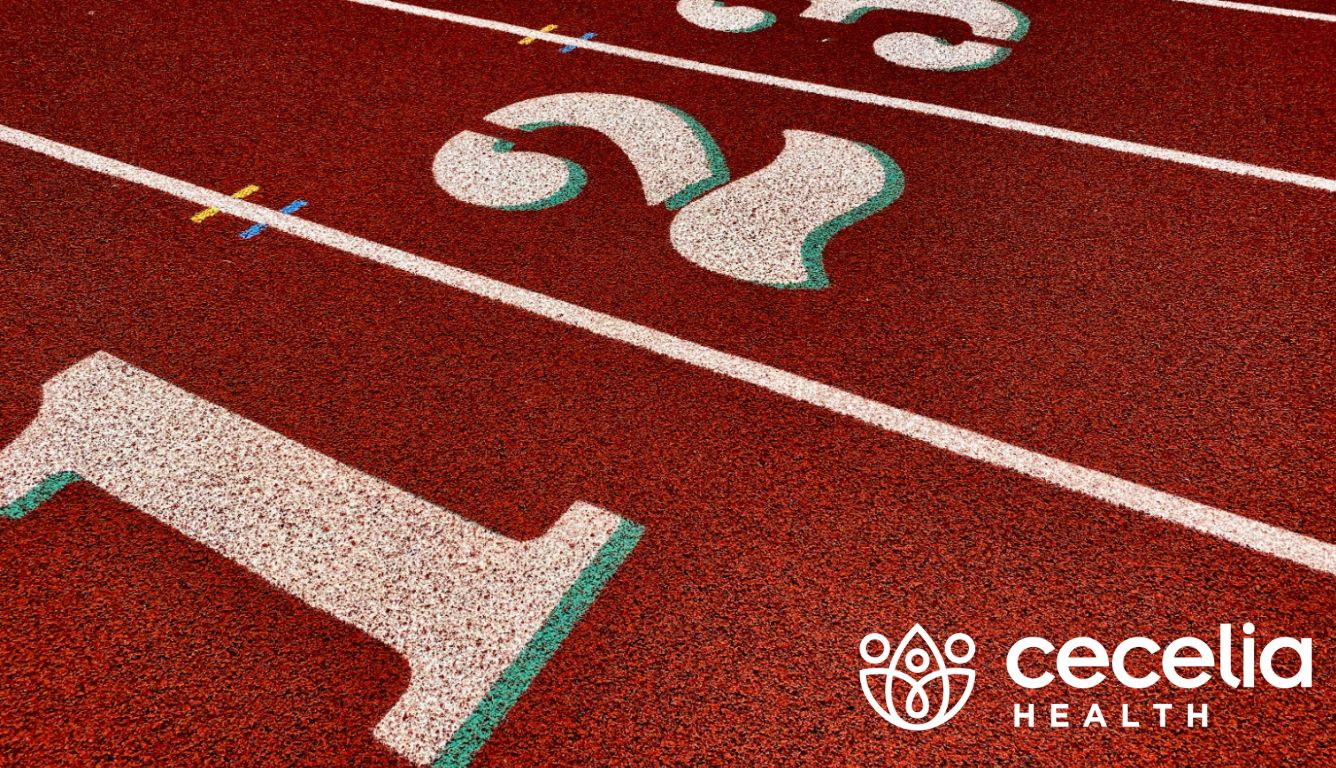Many people may find that they are not aware of having Chronic Kidney Disease (CKD) until they are in a later stage of CKD. Knowing the signs and symptoms of Stage 1 is important to be aware of proper treatment and prevention of progression through the five stages. For a refresher on the CKD Stages, review The Basics: 5 Stages of Kidney Disease.
Stage 1 of CKD means you have a normal eGFR of 90 or greater and mild damage to your kidneys. Since the kidneys are still working well, you may not have any symptoms or notice effects on your health. Laboratory markers, such as protein or blood in your urine may be detected due to kidney damage at this stage. While the damage to your kidneys at this point may not be reversible, there is a lot you can do to keep the kidneys working well. The goal is to delay the risk of rapidly advancing from a mild reduction in kidney function to kidney failure.
Signs and symptoms in Stage 1 CKD to manage:
- High blood pressure
- Swelling in the hands or feet
- Urinary tract infections
Working with your health care team to manage these conditions through eating a kidney-friendly diet, being active, and maintaining a healthy weight will help to keep the kidneys in a healthier state. Let’s dive into specific recommendations for these signs and symptoms.
High blood pressure can be managed by monitoring your blood pressure daily. With a Blood Pressure Monitor at home, rest comfortably in a chair for five minutes before checking your pressure with the machine. Keep a record of your blood pressure readings to track trends so that you and your health care team can manage the need for additional treatments that may be necessary to keep your pressure controlled.
Another tip for managing high blood pressure includes getting adequate physical activity. It is recommended to aim for 30 minutes of physical activity on most days. Being active for 30 minutes can include walking, riding a bike, swimming or dancing.
By recommendation of the National Kidney Foundation, a kidney friendly diet for the early stages is focused on reducing high blood pressure. The DASH Diet – dietary approaches to hypertension is often encouraged. Reducing sodium intake while increasing fruits and vegetables to moderate the minerals and increase fiber can be achieved with DASH Diet strategies such as replacing refined grains with whole grains.
Swelling in the hands and feet is important to monitor and discuss with a health care provider whether it is an ongoing issue or due to seasonal weather changes. Your health care provider may recommend compression socks or gloves to help keep fluid and lymphatic tissue moving back toward the body’s core. Drinking adequate fluids and reducing potential electrolyte imbalances may help to reduce swelling. The kidney-health diet as indicated above can be a great approach to balance sodium and other minerals. Keep up with daily fruit and vegetable intake as an important part of your diet for minerals, fiber, and fluid.
Urinary tract infections may be an indicator of the kidney’s inability to properly filter waste. Sometimes this is a first sign that the kidneys are not functioning normally. While there are medical and nutritional ways to support the kidneys, consult your health care provider when symptoms are present because an infection requires proper medical treatment.
Ways to support your kidneys to prevent urinary tract infections may include drinking plenty of water and urinating regularly while following proper hygiene practices such as wiping front to back and taking showers instead of baths. In addition, nutritional supplements, pure cranberry juice or concentrate, and probiotics may benefit the healthy bacteria in the kidneys and bladder.
Preventing the progression to Stage 2 of CKD means that you are maintaining the eGFR level above 89. However, when the eGFR has moved down between 60 and 89, you have entered Stage 2 of CKD. Often, symptoms of kidney disease do not start until Stage 3, which is why many people with Stages 1 and 2 still might not know they have decreased kidney function or CKD. However, it is important to schedule regular lab work and consult with your health care provider to discuss the results and stay informed about how your kidneys are functioning.
